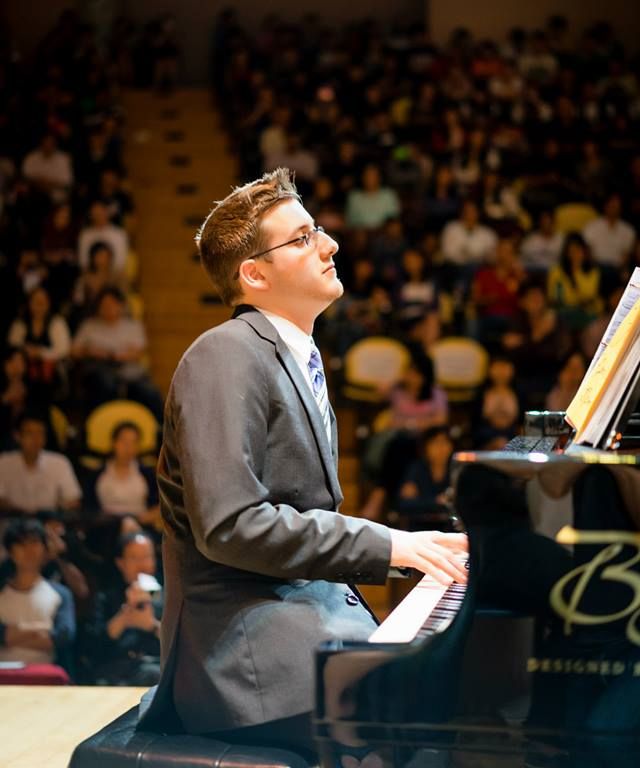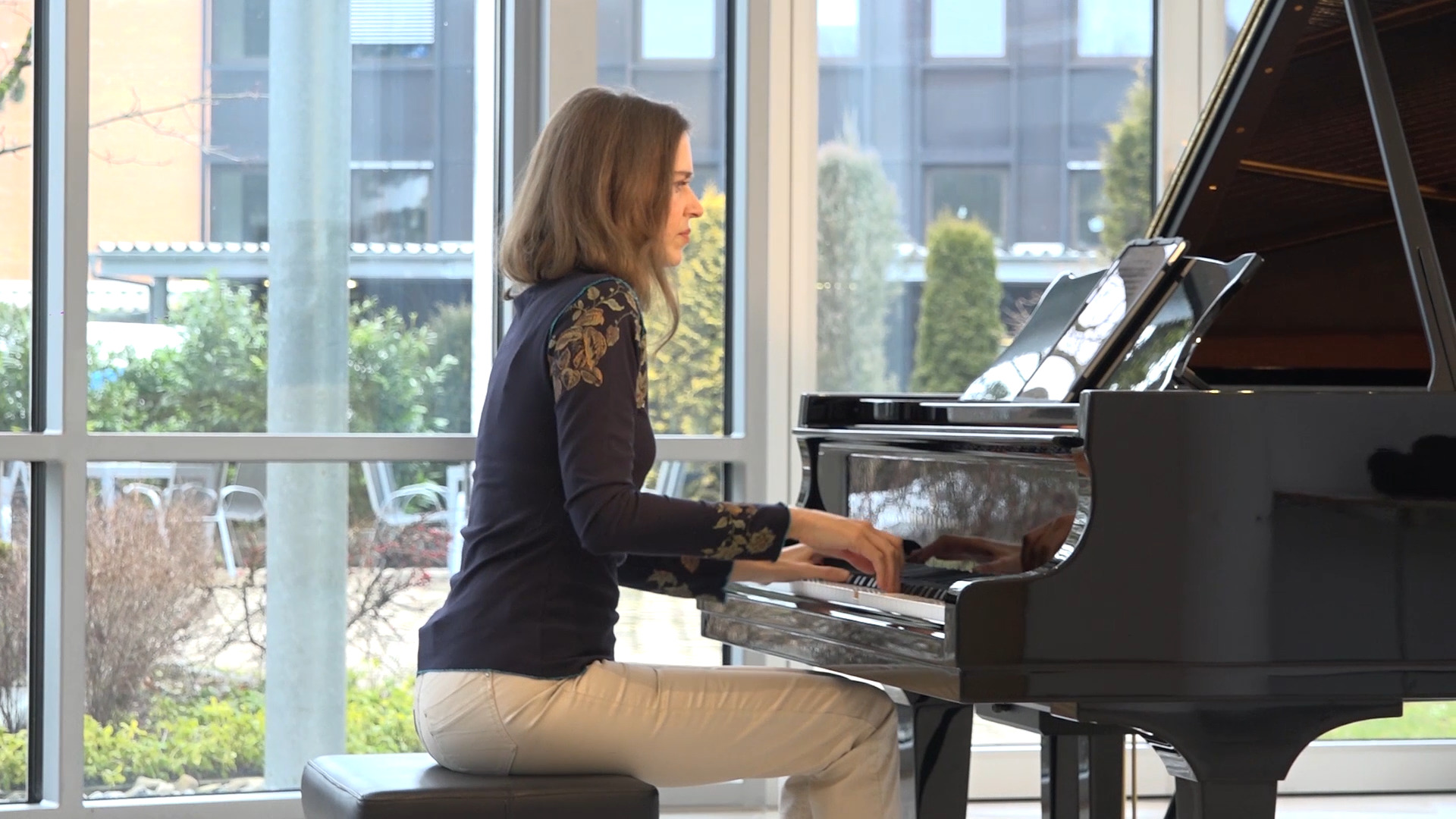About
Kyle Landry is a pianist, arranger, improviser, and composer from Methuen, Massachusetts, who currently resides in Southern California. His career in music spans over 15 years, and he holds a degree in Music Composition from the Hartt School of music, in Connecticut, USA. He is know for making full use of all 88 notes on the piano, with an emphasis on arpeggios. His passion for playing has generated a large fan base on YouTube, and he regularly posts videos to share with the world, some of which have generated millions of views. Many of these videos are a result of his passion for arranging songs for solo piano. Some of the most popular arrangements include video game and anime music. Kyle cites his number one musical influence as Frédéric François Chopin, but he absorbs musical understanding from as many creative sources as possible. Inspirational sources include: J.S. Bach, Wolfgang Amadeus Mozart, Ludwig van Beethoven, Claude Debussy, Maurice Ravel, Franz Liszt, Sergei Rachmaninoff, Peter Tchaikovsky, Scott Joplin, George Gershwin, Bill Evans, Oscar Peterson, Hiromi, Joe Hisaishi, Nobuo Uematsu, Koji Kondo, Grant Kirkhope, Nikolai Kapustin, among many others.

